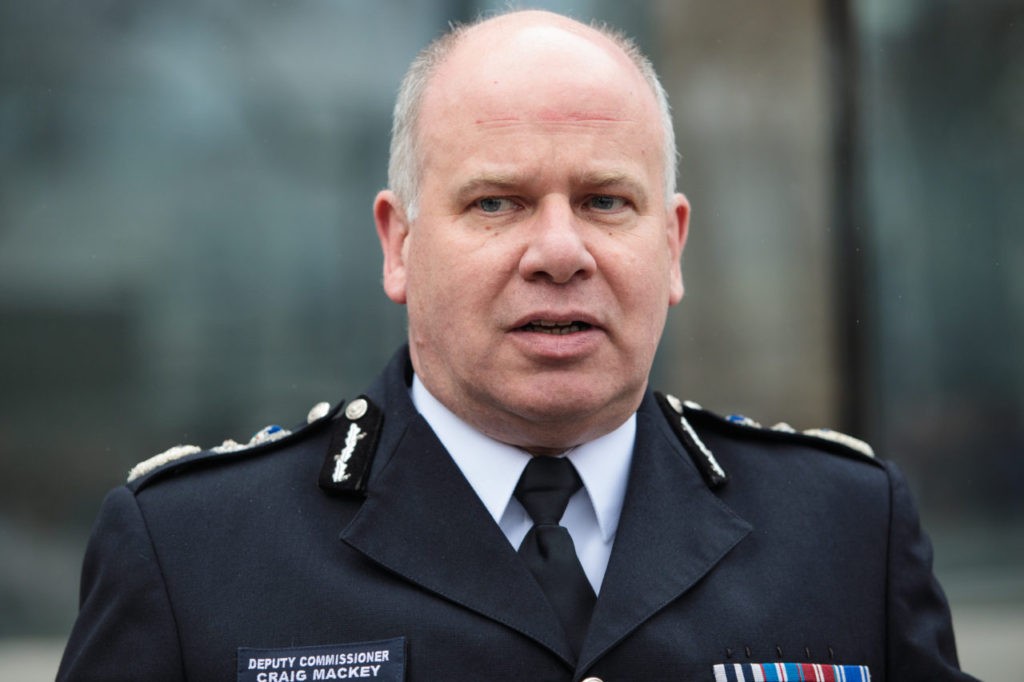Healthy, middle-aged men who speak fluent English will be less of a priority for London police when they are the victims of violent crime, one of Scotland Yard’s most senior officers has suggested.
Deputy Commissioner Craig Mackey claimed the police would focus on migrants who have English as a second language, people with learning difficulties, and the elderly as resources are scarce.
He told the Evening Standard that for “vehicle crime, those sorts of things” migrants would receive more immediate help, but healthy, British men such as himself will “probably always get a service” eventually.
The Tories have slashed police budgets and numbers to their lowest level in years, and the Metropolitan force is facing a projected £400 million plummet in its funding over the next five years.
In June, figures revealed crime in England and Wales had seen its largest annual rise in a decade, with violent crime shooting up by 18 per cent, and the capital has seen a massive surge in gang-related acid and knife attacks in recent months.

Deputy Commissioner Craig Mackey of the Metropolitan Police speaks to the media outside New Scotland Yard on March 29, 2017 (Photo by Jack Taylor/Getty)
Looking ahead to how the force will cope with less money and fewer officers, Mr. Mackey said: “That’s where you get into some of the difficult areas around do you always offer the same service to everyone?
“Increasingly, as we go forward we will look at things like trying to assess people and crime on the sort of the threat, the harm, the risk, and people’s vulnerability.
“It’s absolutely feasible as we go forward that if my neighbour is a vulnerable elderly person who has experienced a particular type of crime, that she gets a face-to-face service that I don’t get. So we triage things… we assess people’s vulnerability.
“Vulnerability can manifest itself in a number of ways: people with learning difficulties, a whole range of things, some people for whom English isn’t a first language.
“That’s about how we get those resources focused on the things you can make a difference with. But also as we go forward, as demand grows, you have to have a way of controlling and triaging.”

COMMENTS
Please let us know if you're having issues with commenting.